16, April 2023
More children die after taking fake cough syrup in Cameroon 0
More children have died in Cameroon after consuming a fake cough syrup, health authorities have revealed.
The deadly fake medicine is branded “Naturcold”, purportedly made by a company named “Fraken Group”, the regional delegate for public health in Northwest Province, Dr Kingsley Che Soh said.
The drug caused fatal kidney failure in six children in the Northwest region, all were under the age of five.
In March, health officials in Southwest Cameroon said three children died from consuming the same fake medicine.
The Directorate of Pharmacy, Drugs and Laboratories at the Ministry of Public Health, Dr Eko Eko warned the drug contained two dangerous ingredients that caused the death of the children.
Their families are said to have bought the drugs along the roadside from unauthorised dealers. These unlicensed dealers often move around selling the medication door-to-door, or out of boxes in markets.
Street dealers
Dr Kingsley Che Soh has warned the population to avoid consuming the product and stay away from drugs sold along the roadside as it may be dangerous to health.
At markets, and other public places, many unlicensed medicine stores operate under the watchful eyes of the government, yet they lack basic documents authorising them to do so.
Drugs displayed in Cameroon’s national capital Yaoundé
Alex Efiti, who lives in Douala, says it is easy for him to buy drugs along the roadside because it is cheap and accessible.
“Drugs are very expensive in pharmacies. It is not my level. I prefer buying from the guys who move around with it because I trust them and they are cheap”, he said.
Asked about the dangers of consuming these fake drugs, Alex said he has been consuming street medication for years and it has not affected him negatively.
Many believe in these medicine dealers, despite the news of the children’s deaths.
“My aunt got so mad at me for buying her drug at the pharmacy. She wanted me to get it from her usual drug dealer,” said another customer called Samira. “When I tried to tell her it was dangerous, she kept asking me why has it not killed her.”
Deaths
The United Nations Office on Drugs and Crime warns that fake medical products kill almost half a million sub-Saharan Africans every year.
Its new threat assessment report says as many as 267,000 deaths per year are recorded in Sub-Saharan Africa, all linked to falsified and substandard antimalarial medicines.
“In addition, up to 169,271 are linked to falsified and substandard antibiotics used to treat severe pneumonia in children”, it added.
The government of Cameroon has made some strides in stopping the circulation of fake drugs, yet the population is still exposed to them.
Sources say the majority of fake drugs are smuggled into the country from neighbouring countries through porous border control. Cameroon made a series of arrests last year related to illicit drug circulation.
Punished
Running an unlicensed pharmacy in Cameroon is illegal.
The same law prohibits the display and distribution of drugs on the public road, in fairs or markets. It further forbids even those with a degree in pharmacy to sell drugs by the roadside.
Anyone selling fake or expired drugs, or intends to sell a fake drug, altered or harmful to human health, can be punished with a jail sentence of up to three years and a fine of up to 3,000,000 CFA francs.
Despite all these laws, the fake drug stores continue to operate in complicity with health agents, forces of law and order and the population. People even sometimes refuse to point out these dealers when health operators carry out controls.
Government Health Minister Manaouda Malachie announced last year his ministry was working on the creation of a national agency for medicines, that will regulate the drug market and strengthen the fight against street drugs.
Source: Humangle
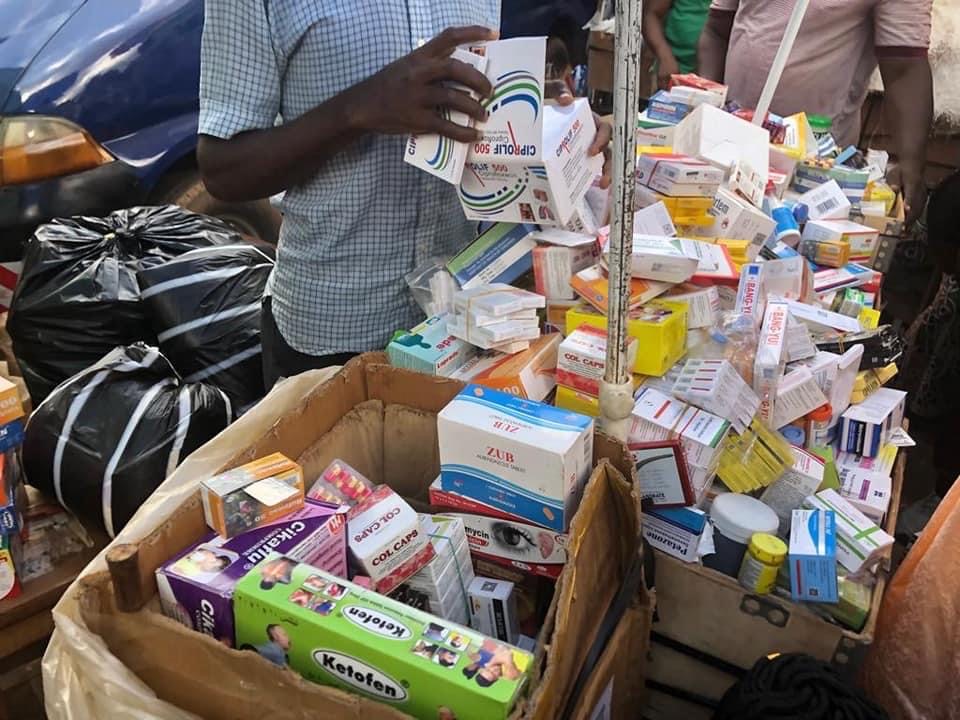
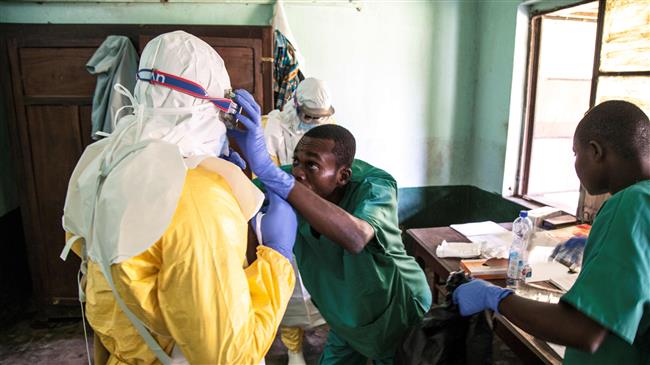


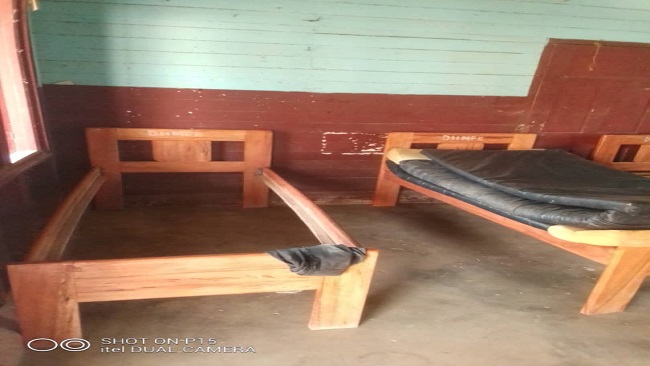
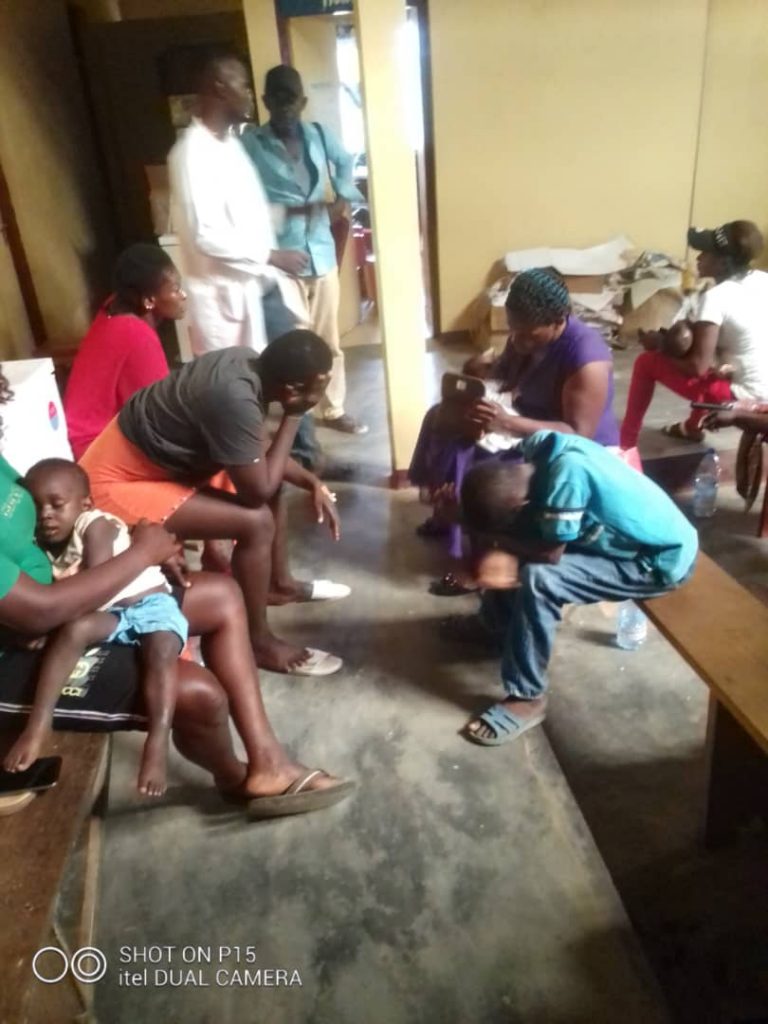
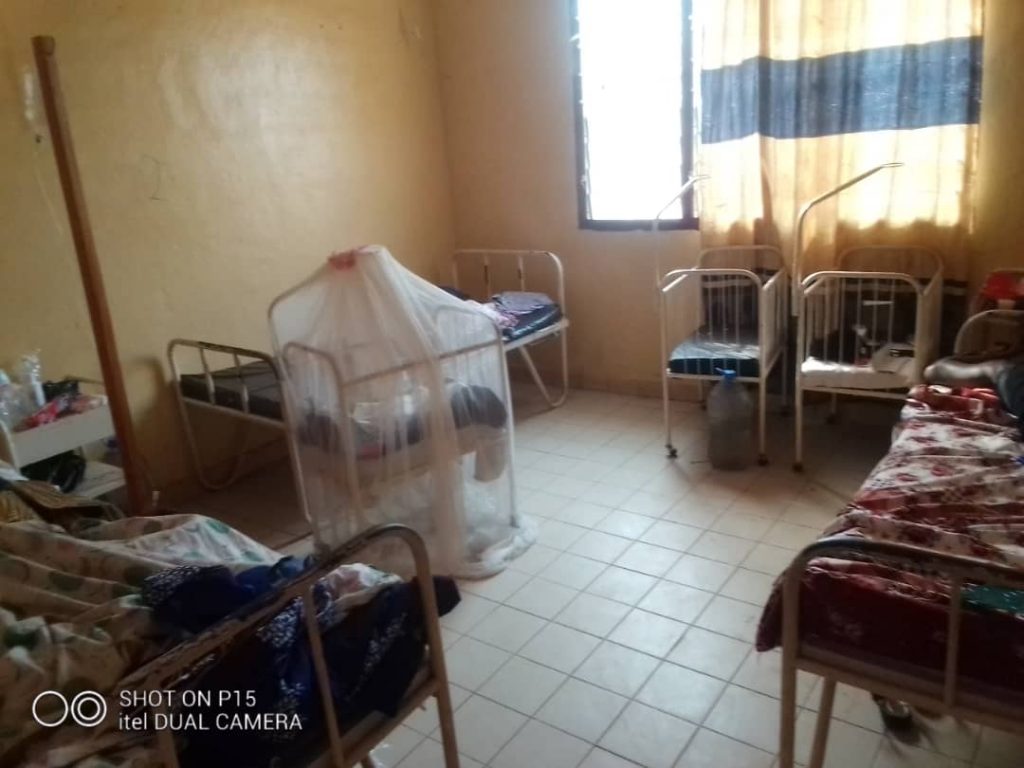

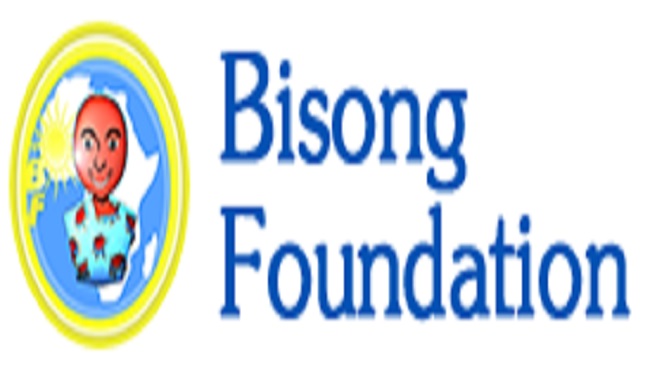
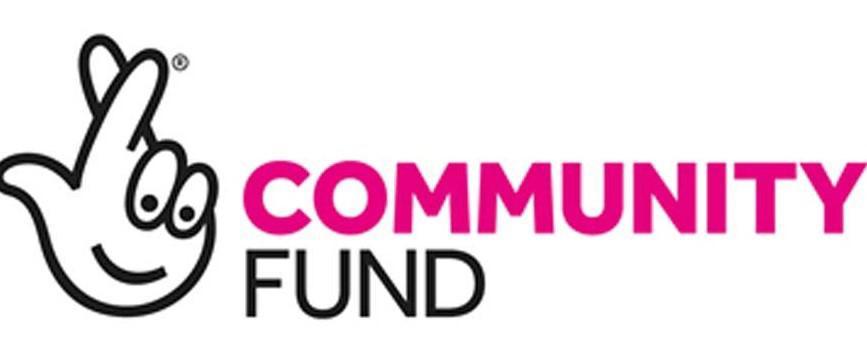
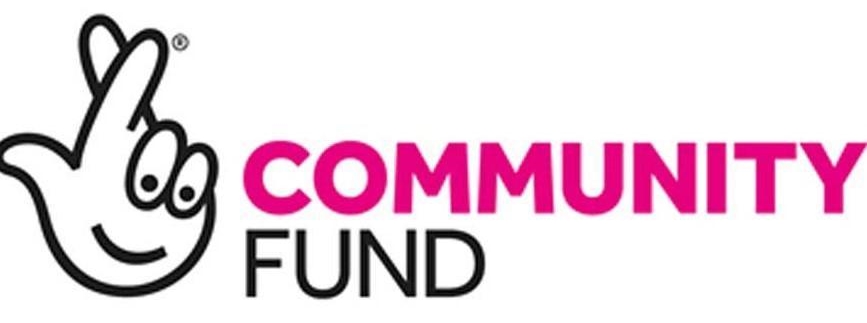
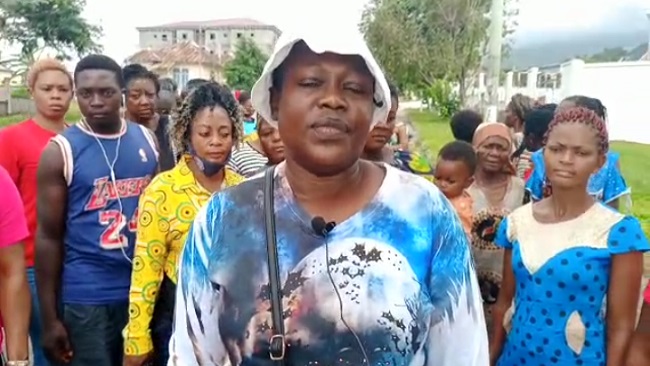


















5, May 2023
WHO says Covid global health emergency is over 0
The World Health Organisation (WHO) has declared that Covid-19 no longer represents a “global health emergency”.
The statement represents a major step towards ending the pandemic and comes three years after it first declared its highest level of alert over the virus.
Officials said the virus’ death rate had dropped from a peak of more than 100,000 people per week in January 2021 to just over 3,500 on 24 April.
The head of the WHO said at least seven million people died in the pandemic.
But Dr Tedros Adhanom Ghebreyesus said that the true figure was “likely” closer to 20 million deaths – nearly three times the official estimate – and he warned that the virus remained a significant threat.
“Yesterday, the Emergency Committee met for the 15th time and recommended to me that I declare an end to the public health emergency of international concern. I’ve accepted that advice. It’s therefore with great hope that I declare COVID-19 over as a global health emergency,” Dr Tedros said.
Source: BBC